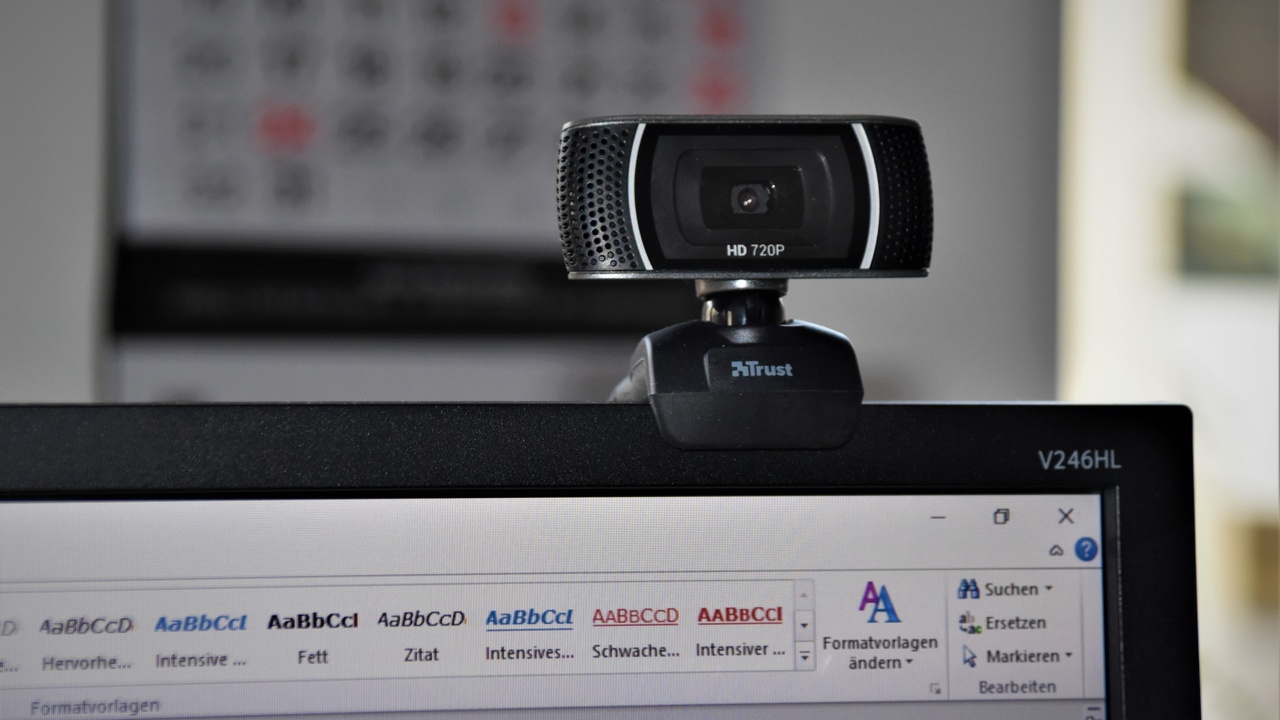How Do People Rate You?

By John Millen
As I write this on Friday morning, I am sitting in a McDonalds in Columbus, Ohio, my hometown for the past 25 years. I've been here quite a few times before.
I don't eat their food because it doesn't fit my diet but I'm always impressed by this place. So I visit once in a while to buy a coffee and read, write or people-watch.
It's open 24 hours and is better run than any McDonalds I've been to in my life. Yes, it's modern, has Wi-Fi and is extremely clean.
But what really makes this place special is the people. It's like they work at a family-owned restaurant. No joke. They greet you like a family member, they support one another, and they're always smiling.
They go the extra mile and seem to love their jobs and their customers. One of the guys comes around with a coffee pot, chatting with people by name and refilling their cups.
They've created a special, customer-focused culture. Think Southwest Airlines on the ground.
This explains why the place is always packed. Right now there are groups of people, mostly retired, sitting around having breakfast like it's a local diner. People are no doubt telling their friends about this place.
And I too would highly recommend this restaurant to others.
This gets me thinking about the whole concept of recommendations. Since starting my business in 2004, its mostly grown through client referrals. I work to be a trusted advisor to my clients and potential clients.
For me, that means always providing real value at a substantive level on leadership, communication and personal development. It's why I've written this newsletter every Sunday for the past ten years.
Net Promoter Score
Thinking about this had me revisit a system some of my clients use to evaluate how well they're doing. It's called the "Net Promoter Score" and is used by many of the world's most successful companies to gauge relationships with their customers.
Instead of using those long, overbearing 30-question "customer satisfaction" surveys, the Net Promoter survey asks only one question.
It asks some variation of, based on your experience today, how likely is it that you would recommend our company/product/service to a friend or colleague?
It's usually a 0-10 scale, with 10 being best. Normally it's followed by an open-ended "why" question to give the business an opportunity to understand and respond.
Based on the numeric responses, they calculate customer loyalty in several categories on the scale, which together comprise the Net Promoter Score:
1. Promoters: 9-10
These people are loyalists who will buy more, stay longer and positively recommend the company or services to others.
2. Passives: 7-8
They are on the fence about the company and, with follow-up to address any issues, may be converted to promoters.
3. Detractors: 0-6
These people are not committed and in fact, may be negatively reviewing the company.
I encourage you to learn more online about 'Net Promoter.'
What About You?
This format applies to people as well because we rate each other all the time, if only subconsciously. If I asked you to rate the competence of your boss 1 - 10, you'd have a specific number in mind.
In fact, if I asked the people in your life at work and at home, they would have a number to rate you on any number of factors: competence, empathy, listening, teamwork and others.
This week give some thought to this: How would you be rated on this scale?
Would people tell others you are a 9 - 10 and they should definitely work with you or hire you?
Do you bring your best to your clients, your teammates and others?
In any organization, there are people who distinguish themselves for the quality of their services and their caring for customers. If it can be done at a franchise like McDonalds, it can be done anywhere, in any organization, by any person.
Think about how you might bring your best every day to be rated a "10" in all of your most important relationships.








